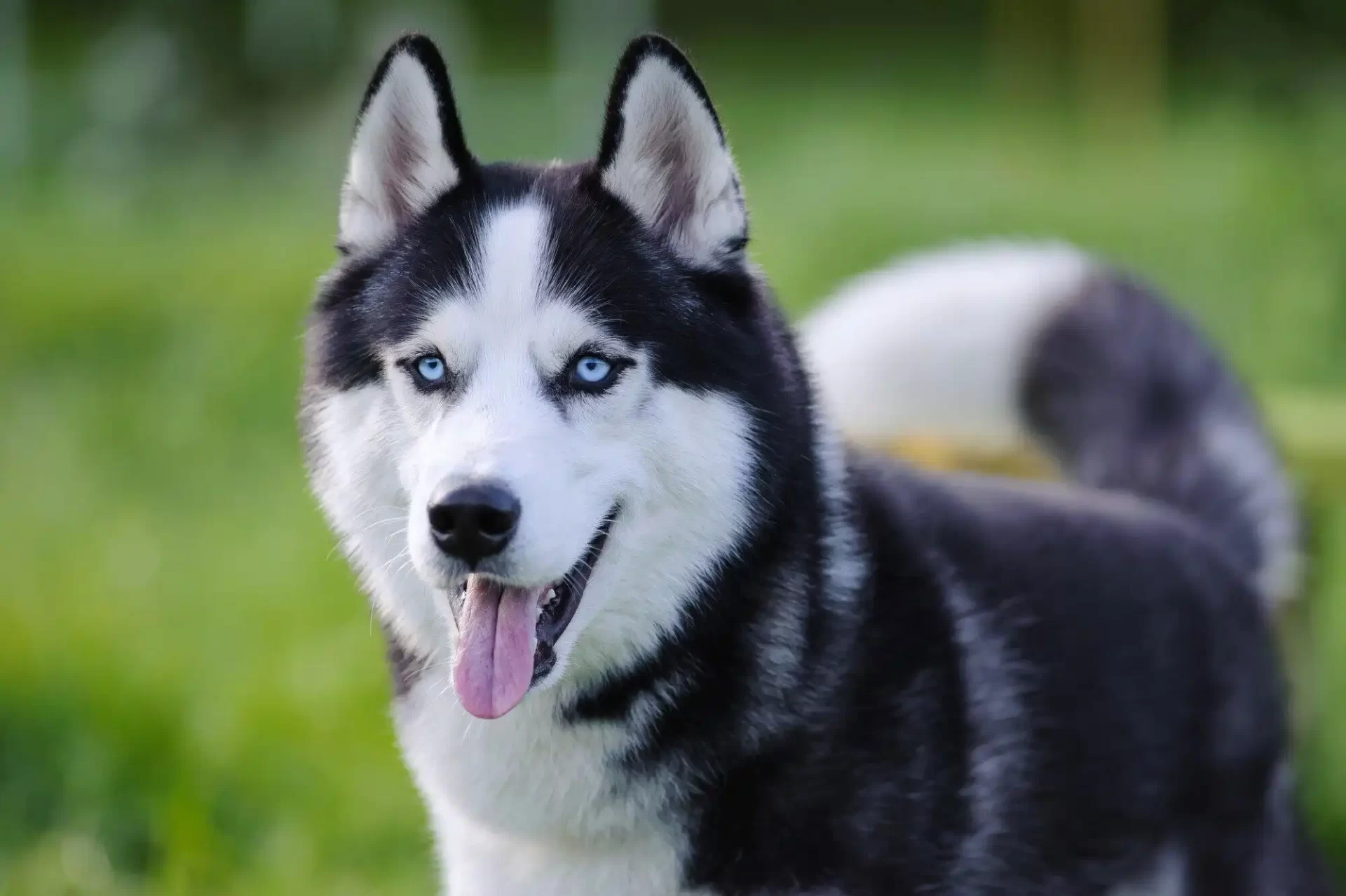Hey there, Husky lovers! Ever noticed your furry friend scratching a bit too much or sneezing like there’s no tomorrow? Well, those could be signs of allergies, and trust me, they’re not fun for either of you!
Yet fear not, because in this guide, we’re diving deep into the world of Husky allergies. From decoding the sneaky triggers to spotting those telltale symptoms, we’ve got you covered. So, grab a comfy seat, maybe a treat for your pup, and let’s embark on this journey to understand and conquer those pesky allergies together!
Unveiling Allergy Triggers
Let’s uncover what’s making your Husky feel unwell. From sneaky allergens in the air to tricky foods, we’ll learn what could be bothering your furry friend. Husky allergies can stem from various sources, including:
Environmental Factors
Environmental factors, such as pollen and dust mites, can trigger allergies in Huskies. Keeping your home clean and using air purifiers can help minimize exposure to these allergens.
Food Allergies
Husky food allergies happen when they eat certain things, like grains or meats, and get itchy or sick. Finding out what food bothers them and giving them different food can help.
Flea Allergy Dermatitis (FAD)
Flea Allergy Dermatitis (FAD) occurs when a Husky is allergic to flea bites, causing intense itching and discomfort. Preventing fleas with medication and keeping your Husky clean can help avoid FAD.
Recognizing Common Pet Allergy Symptoms
Identifying allergies can be tricky, but here are some common signs to watch out for:
Itchy Skin
Itchy skin in Huskies means they scratch or lick themselves a lot, which could be because of allergies, pests, or skin problems. Regular grooming, flea prevention, and consulting a vet can help soothe their itchiness.
Redness and Irritation
Redness and irritation in Huskies means their skin looks red and swollen, often in areas like their ears, paws, or groin. This can be a sign of allergies or skin infections, so it’s important to keep an eye on it and consult a vet if needed.
Digestive Issues
Digestive issues in Huskies include symptoms like vomiting, diarrhea, or stomach discomfort, which can be caused by food allergies or other health problems. Changing their diet and consulting with a vet can help address these issues and keep your Husky healthy.
Respiratory Problems
Respiratory problems in Huskies include symptoms like sneezing, coughing, or difficulty breathing, which can be caused by allergies or infections. Keeping their environment clean and seeking veterinary care can help manage these issues and ensure your Husky’s respiratory health.
Creating a Comfortable Environment
Making a cozy place for your Husky is important to keep them happy and healthy. Brushing them often helps get rid of loose fur and things that might make them itch.
Also, washing their bed a lot helps keep bugs away and makes sure they sleep well. Using special air filters helps keep the air clean so they can breathe easily.
Finally, do your research and learn more about dog allergies. These things help make sure your Husky feels good and stays healthy.
Overcoming Husky Allergies Together
Understanding and managing Husky allergies is crucial for keeping your furry friend healthy and happy. By identifying what triggers these allergies and knowing the signs to watch out for, you can take steps to minimize discomfort for your pet.
Remember to consult with your veterinarian for personalized advice and support. With a clean living environment, a balanced diet, and proper medication if needed, you can create a comfortable space where your Husky can thrive despite any allergy challenges.
Explore the rest of our site for more great content!




